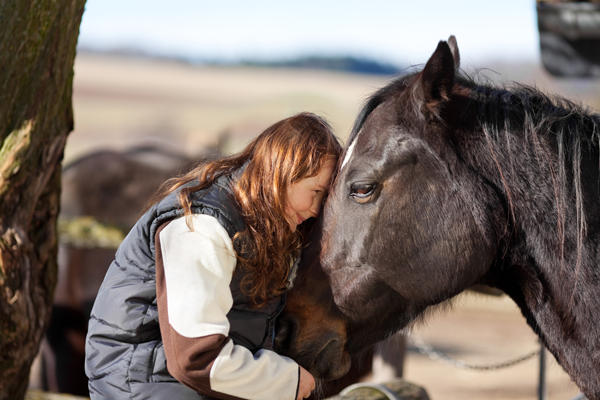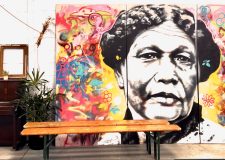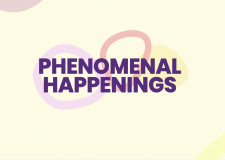Vanessa Austin Locke: Overheard on Helicon

Stable: “A building for the shelter and feeding of domestic animals, especially horses.”
Stable: “Not likely to change or fail; firmly established.”
Debbie Woolfe is a qualified teacher who specialises in children with behavioural difficulties. She left the profession because she didn’t feel like she was able to make a significant enough difference in the lives of the children she was teaching. That’s when she set up Stable Relationships, and took creative teaching to a whole new level.
Housed in a log cabin on the site of a riding centre in the West Midlands, the fledgling company offers therapeutic and educational activities to schools, adults, young people and youth groups. Courses range from healing, meditation and creativity days to team building, social skills, creative literacy and numeracy, orienteering and African drumming.
Woolfe specialises in trauma in young people, and the two courses that caught my eye directly involve working with horses. The first is for adults who live and/or work with traumatised children and young people. “Participants work with the horses to gain a deeper understanding of the impact trauma has on the brain.” She goes on to explain, “When a person is traumatised they are more likely to automatically respond to situations of sensory stimulation as a threat. This is the fight, flight, freeze response. This response is unconsciously overused in traumatised people. Horses are prey animals. They are often on high alert, and are hyper-vigilant – as are the children we work with.”

So how does that fit together? “Rather than the children having to face these issues in their own lives and behaviours, they can face them through the horses. If a child can learn how to calm a hyper-vigilant horse by being calm, they have learnt how to calm themselves.”
The creativity comes into play in the second course example that grabbed my attention, and was developed because the children and young people Woolfe works with are often resistant to traditional learning methods. “The course uses structured horse-based activities, combined with creative activities, to work through themes such as managing feelings, trust, making choices, and responsibility.”
An example of a recent course taught Macbeth to year eight students with learning difficulties, but instead of sitting them down in a classroom they went orienteering to find parts of the Macbeth story, they then painted imagery from the story they had pieced together onto the horses using horse-friendly paint. “They will then ride their Macbeth creations!” says Woolfe with delight.
Horses and Shakespeare? Though this may be madness, yet there is certainly marethod to it.
For more information on Stable Relationships visit: www.stable-relationships.com
If you have a recommendation for Vanessa to feature please email editorial@thelatest.co.uk




















